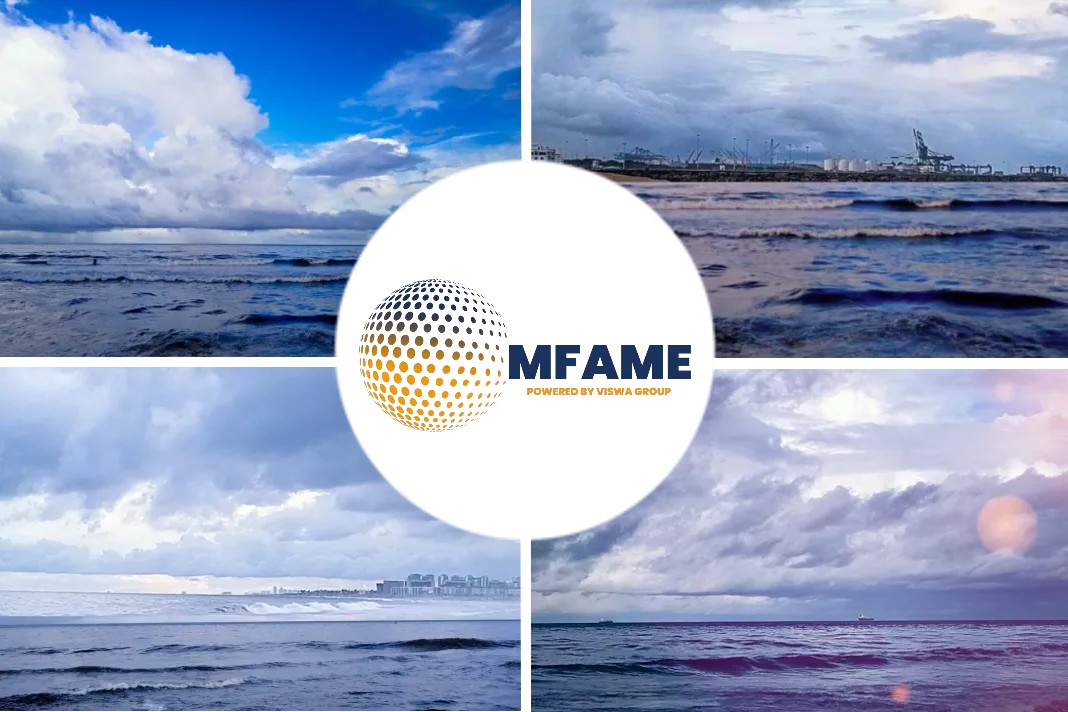- 11 major banks have decided to go for the first global sector-specific climate alignment agreement for the shipping industry lending mechanism.
- The new lending framework will ensure that the financial institutions are in line with IMO’s climate change goals adopted in 2018.
- The Shipping industry will be reducing 30% and 50% of their carbon imprint by 2030 and 2050 respectively.
- The 11 banks comprising of stalwarts such as DNB, Danske Bank, Norway’s DVB etc accounts for 20% around $100 billion of shipping industry’s finance.
- This will ensure that the change is in the right direction and investments are helping the shipowners looking for alternative fuels solution for the decarbonization of shipping.
- This is in line with IMO’s climate alignment plans of ‘Decarbonizing Shipping’ in the long run.
A CNBC report highlights how eleven banks that lend to shipping lines have announced that the climate impact will be integrated into the criteria that determine how much shipping companies can borrow, an effort the banks say will substantially cut CO2 emissions in the industry.
New Lending Standards
The banks will set their new lending standards around the International Maritime Organization’s 2018 climate commitment, which seeks to reduce CO2 emissions by at least 50% from 2008 levels by 2050 and to cut emissions from individual ships by 40% from 2008 levels by 2030.
“We’re making banks alert to the consequences of climate change in their portfolios,” said Michael Parker, global industry head for shipping with Citigroup.
“We’re now taking climate change issues into decision-making in a way that helps the industry transition to necessary technology to design ships, reduce emissions and decarbonize the industry.”
The New Lending Framework
It’s the first time that global banks are collectively integrating a climate alignment strategy into financial decisions.
Shipping accounts for 2.2% of world carbon dioxide emissions, according to the IMO, a U.N. agency that regulates pollution from ships.
The lending framework, called the “Poseidon Principles,” will assess and disclose whether financial institutions’ lending portfolios are in line with the IMO’s climate goals adopted in 2018.
The shipping industry avoided specific emission-cutting targets in the 2015 Paris climate agreement, when 195 countries pledged to cut greenhouse gas emissions in order to limit global average temperature rise to below 2 degrees Celsius.
Redefining the Role of Banks in Maritime
The 11 banks collectively represent about 20%, or roughly $100 billion, of the global ship finance portfolio. The banks involved include Citi, Societe Generale, DNB, Danish Ship Finance, Danske Bank and Norway’s DVB. More signatories are expected following the official launch in a few months, Parker said.
James Mitchell, maritime finance lead at Rocky Mountain Institute, said the new standards will “redefine” the role of banks in the maritime shipping sector and encourage financial institutions to follow suit in other sectors.
The First Sector Specific Climate Agreement
”[The Poseidon Principles] are the world’s first global, sector-specific and self-governing climate alignment agreement among financial institutions,” Mitchell said. “The significance of this agreement cannot be understated.”
How will it affect shippers?
The maritime sector will require more ships to transport goods over the next few decades, Parker said, emphasizing that the new lending standards will help make those additional ships cleaner and more efficient.
“We know that it’s going to get more difficult. The challenge is to ensure that there’s a transition, that investment goes into helping the industry find alternative fuels in a way that incentivizes people to invest in new ships and new technology,” Parker said.
“We’ll help make lending decisions and investing decisions much less speculative and more directed toward the environmental consequences of that investment,” he said.
IMO Climate Alignment Strategies
The IMO also implemented additional climate regulations last year that will slash emissions of sulfur by the world’s ships in 2020. OPEC oil producers, fuel sellers and shipping companies raised concerns that those new rules will make the oil market more volatile and hurt ships that aren’t equipped to reduce sulfur emissions or pay premiums for cleaner fuel within the set timeline.
Mitchell said that the IMO will launch more climate alignment policies in upcoming years, as banks and shipping owners transition to cleaner energy and technology.
“This is not occurring in a vacuum,” Mitchell said. “There are more policies coming down the pipe from IMO, and those will be policies that bring in more challenging aspects of decarbonization.”
Did you subscribe to our daily newsletter?
It’s Free! Click here to Subscribe!
Source: CNBC



















